Gilded Carriages and Bearskin Hats: U.K. Royals Welcome Trump

© Doug Mills/The New York Times

© Doug Mills/The New York Times

/2025/09/17/000-74qa2ha-68ca6bfad5b6a764657727.jpg)
/2025/05/16/000-46xh4cr-682733b4d64ec562333959.jpg)
/2025/09/17/sipa-01230930-000039-68ca92514ffd7122850708.jpg)


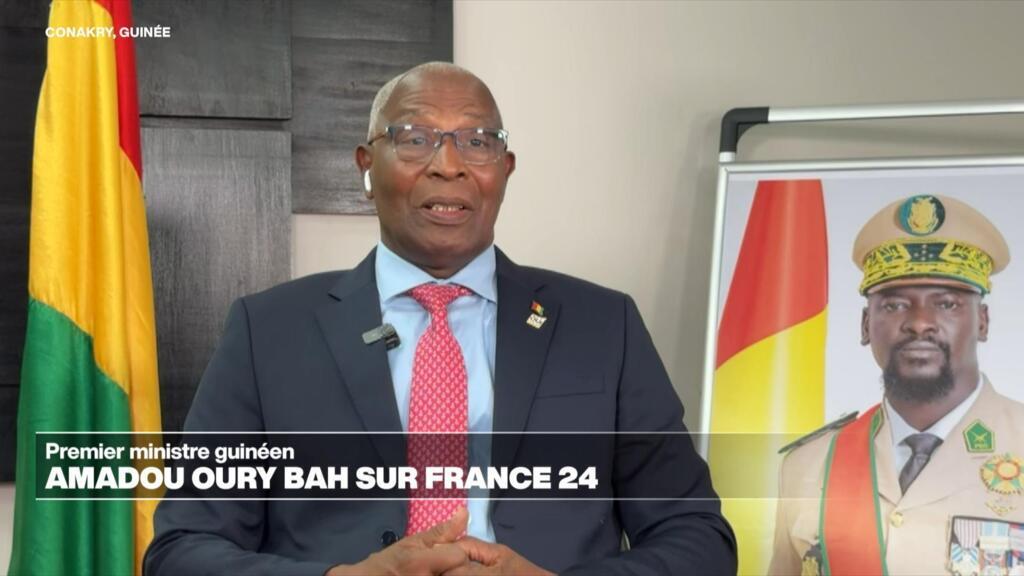

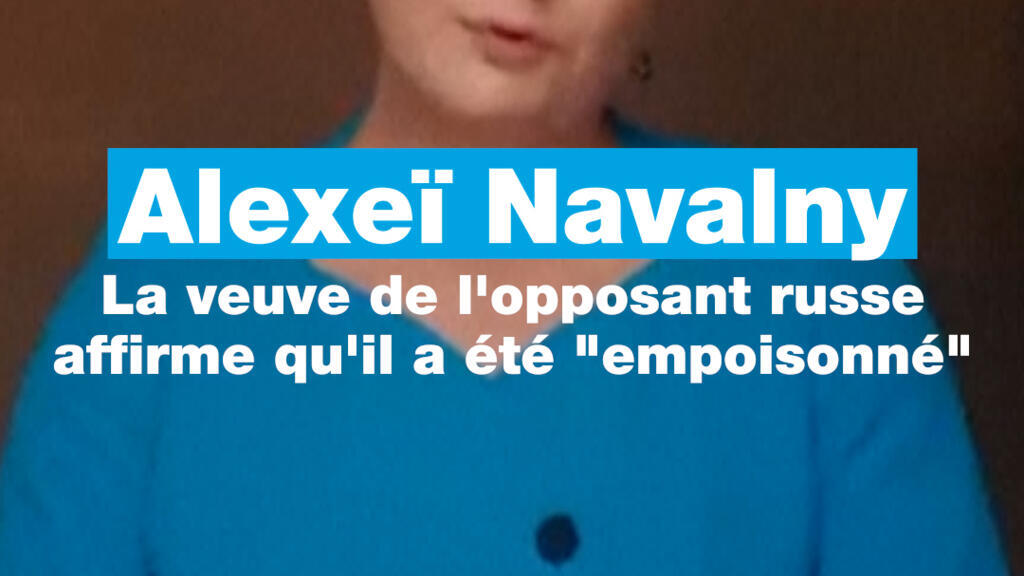
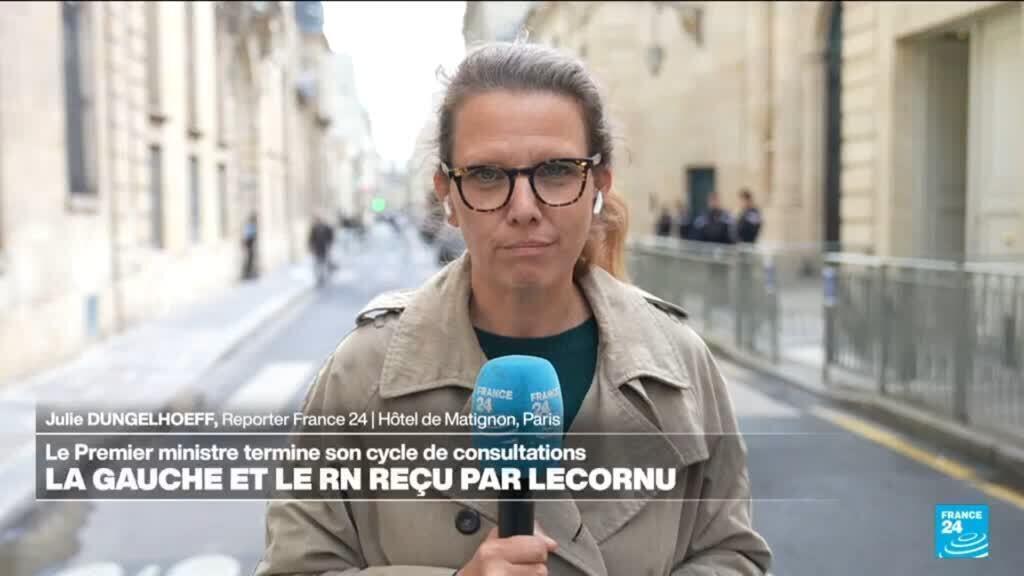


© Alexander Nemenov/Agence France-Presse — Getty Images

© Pool photo by Justin Tallis

/2025/09/12/image-3-68c432e428489202799619.jpg)


© Eric Lee/The New York Times

© Brendan Hoffman for The New York Times



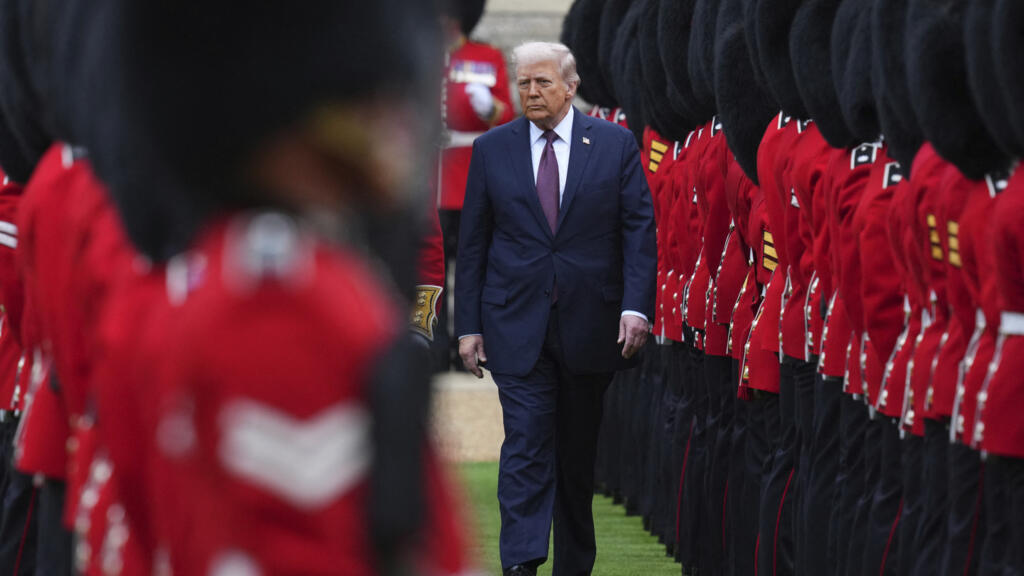

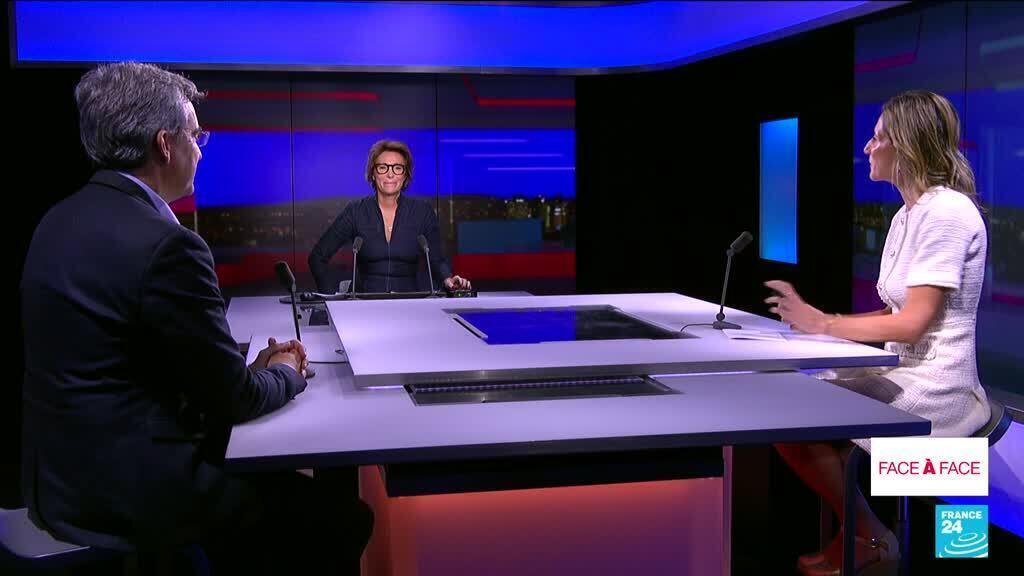



The full-scale invasion of Ukraine happened more than three years ago, which means full-scale Western sanctions on Russia did too. Concurrently, Russians have had just as long to figure out ways to dodge those sanctions, and I fear Western countries are being a bit too slow in realising quite how good they’re getting at it.
So, props to Transparency International’s exiled Russian chapter for this excellent report on the new laundromat, which has grown out of the Garantex crypto exchange that was shut down in April after a multi-year, multi-country effort. There is something grimly depressing, if inevitable, about the fact that within days of Garantex being snuffed out, it had been reborn.
“It reemerged under new names, such as MKAN Coin, Grinex, and Exved, morphing into a decentralised laundering system sustained by technical obfuscation and governments’ tolerance,” TI-Russia notes. “Entities tied to Garantex continue operating across UAE, Brazil, Kyrgyzstan, Spain, Thailand, Georgia, Hong Kong, and Russia.”
Powered by the encrypted messaging app Telegram, the skilled launderers behind Garantex’s successors are learning to mitigate their vulnerabilities, rather like bacteria evolving in response to antibiotics. And they have found helpful new hosts, particularly in Kyrgyzstan.
The rouble-pegged stablecoin A7A5 is, according to Chainalysis, operational largely in office hours, which suggests it is operating more like a shadow bank than the kind of cryptocurrencies beloved of speculators in the West. By the end of July, more than a billion dollars’ worth of transactions were moving through A7A5 every day, with it being used as a bridge between roubles and the dollar-backed cryptocurrency Tether, adding a layer of obfuscation that helps to obscure connections between Russian sanctions-busters and the big crypto operators.
There is nothing too surprising about this: money launderers have nimbly adjusted to limits on their activities ever since there have been attempts to limit those activities. In many respects, the way that Garantex’s successors have spread across jurisdictions, taking advantage of mismatches between legislation and law enforcement capabilities, is just a digital-age copy of the way the drug cartels’ bankers operated in the Caribbean in the 1980s.
Nonetheless, it is depressing that Western governments appear not to be learning as rapidly as their adversaries, and instead are relying on the blunt instrument of sanctions, rather than engaging more proactively with the causes of the problem. This is not to say that sanctions do not have their uses. They are obviously useful as a first step, and clearly very irritating to kleptocrats, otherwise they wouldn’t fight so hard to overturn them.
For instance, Viktor Yanukovych, the corrupt former president of Ukraine whose disastrous tenure sowed so many of the problems that are causing death and misery today, has been fighting to cancel European Union sanctions against him for more than a decade. He’s now failed to have the courts overturn those sanctions, as has his son, which is wonderful. Yanukovych always seemed to have a tenuous grasp on reality, and this is nowhere more in evidence than in the apparent plot to reinstall him as president of Ukraine after the Russian full-scale invasion, which is detailed in the court’s judgement. The idea that anyone in Ukraine wanted him back goes way past self-confidence and deep into the territory of profound delusion. A weird but true aside: Yanukovych’s press secretary once bit me on the arm to prevent me asking him a question about a ludicrous inconsistency in a speech he’d just made; it was very painful, and very effective.
CHINESE GANGS & MEXICAN CARTELS
Much of the early structures used by money launderers were created in the 1950s and 1960s to serve wealthy people looking to dodge the era’s strict capital controls and high taxes. Just as today, it is the desire of wealthy Chinese people to evade capital controls that drives innovation and growth in money laundering methods.
“Chinese money laundering networks are global and pervasive, and they must be dismantled,” said FinCEN Director Andrea Gacki. “These networks launder proceeds for Mexico-based drug cartels and are involved in other significant, underground money movement schemes within the United States and around the world.”
The core of the system is that Mexican cartels are earning huge amounts of cash dollars, which they are unable to pay into banks. So they hand them over to Chinese gangs, which in turn sell them to wealthy Chinese people looking to spend in the West. The circle is completed by the Chinese gangs shipping counterfeit goods, precursor chemicals or other things that the Mexicans need.
FinCEN has issued an advisory with guidance on what Chinese Money Laundering Networks look like, which makes very interesting reading, especially its long list of “red flags”, each one helpfully illustrated by an actual red flag. The trouble of course for the U.S. authorities is that most of the action happens outside their oversight.
With one exception: the White House could always seek to limit the printing of cash dollars that are the lifeblood of the whole system. At the very least, it could stop printing so many of the super-convenient $100 bills. But it’s not doing that. On the contrary, the value of dollars in circulation hit a new all-time high in July.
TAKING BACK ILL-GOTTEN GAINS
Among the curious folkways of British politics is that TV dramas have far more impact on political discussion than even the most considered bit of journalism. Misha Glenny’s book, McMafia, came out in 2008 and received excellent reviews for its forensic analysis of organised criminality. But it was only when a TV drama of the same name appeared a decade later that U.K. politicians woke up to London’s central role in laundering the world’s criminal wealth.
They nicknamed a new legislative proposal “the McMafia law”, and promised it would drive kleptocratic wealth out of London. Spoiler alert: life is not a TV drama, and there was no happy ending. Lawyers fought back, and the impact of the Unexplained Wealth Order was limited.
But, wait, what’s this? The Serious Fraud Office has used an Unexplained Wealth Order to confiscate a 1.1 million pound house! So there is life in the old law yet. Granted the target was not a kleptocrat, but a fraudster; the house was not in London, but in the Lake District; and 1.1 million pounds is a rounding error compared to the 100 billion pounds or so of criminal wealth estimated to pass through the UK financial system every year. But a win’s a win, and they deserve congratulations. “Unexplained wealth orders offer investigative opportunities to pursue assets on behalf of victims and taxpayers. This is our first successful use of this legislation and it certainly won’t be the last,” said Nick Ephgrave, Director of the Serious Fraud Office. Hooray for that.
A version of this story was published in this week’s Oligarchy newsletter. Sign up here.
The post Russian sanction-dodgers, Chinese gangsters & Mexican cartels appeared first on Coda Story.

© Justin Sullivan/Getty Images

© Saher Alghorra for The New York Times

© Scott McIntyre for The New York Times

© Saher Alghorra for The New York Times

© Gili Benita for The New York Times

© Scott McIntyre for The New York Times


/2025/09/17/000-73ac363-68ca95db38e9f451567146.jpg)
/2025/09/17/063-2235840944-68ca82f5a6269775457224.jpg)



© Doug Mills/The New York Times
